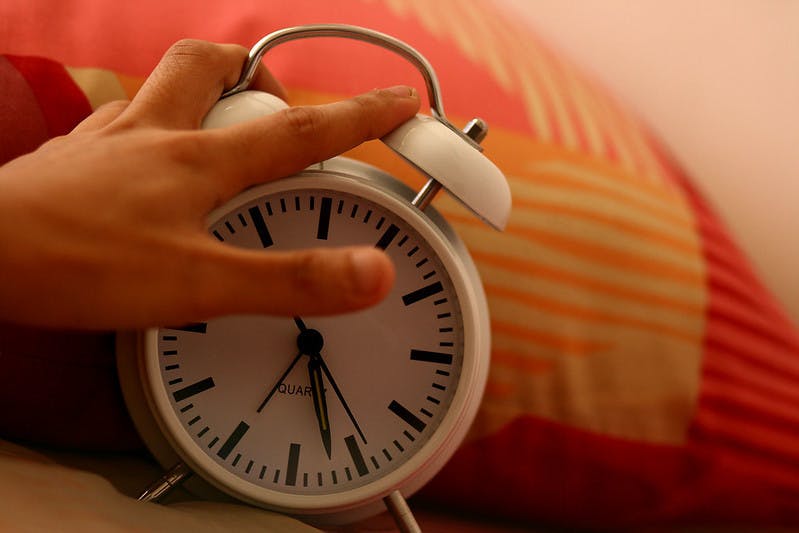The antiquated practice poses problems to public and personal health

371,819.
That’s how many people have signed a petition to Congress in support of abolishing daylight saving time.
The switching of our clocks forward an hour on the second Sunday of March only to flip them back in November is an event that garners annual objections from Americans.
Among the complaints of early sunsets and disrupted sleep are some serious ill-effects this time change has on society.
When we begin daylight saving time and “spring forward,” the consequences to human health can be seen in hospitals, on the roads and in everyday workplaces.
A literature review from the European Review for Medical and Pharmacological Sciences found heart attacks increase in the week following the spring transition to daylight saving time.
The start of daylight saving time is also associated with a 16% increase in road accidents on the first day of the transition and a 12% increase on the second, according to a 2018 study.
One Michigan State University study states Americans are estimated to sleep 40 minutes less following the shift, which translates into 5.7% more workplace injuries the next day.
So what’s to be done?
America needs to make a choice: daylight saving or standard time.
Arizona, Hawaii and all the U.S. territories have already made their choice. They abide solely by standard time to avoid the switch completely.
Thirteen states, including Washington, Oregon and California, have passed legislation to permanently switch to daylight saving time, but are awaiting congressional approval.
While states can independently adopt standard time, the Uniform Time Act requires them to obtain approval from Congress to switch completely to daylight saving time.
For the sake of our sleep and safety, America should transition to permanent standard time.
There already exists strong support for choosing a permanent time system in the U.S.
In 2019, 71% of Americans favored abolishing the switch between times with 40% preferring standard time year-round, according to an AP-NORC poll.
The American Academy of Sleep Medicine recommends standard time because it more closely aligns with the natural human circadian rhythm.
Daylight saving time does not align as closely with natural human sleeping patterns and can result in chronic misalignment or “social jet lag,” according to the Journal of Clinical Sleep Medicine.
The journal notes that social jet lag happens when our bodies’ normal sleep patterns are interrupted by daily activities like work or school and has been associated with an increased risk of obesity, cardiovascular disease and depression.
Standard time would align our social schedules more closely with our natural sleep cycles while avoiding the jarring time transitions we experience now.
Americans have enough things to stress about in 2020. Let’s not make sleep one more worry.
What do you think? The Front accepts letters to the editor (max. 250 words) and guest columns (max.400 words) on subjects of interest to our community. Please submit your ideas, along with a phone number and email address, to eic.westernfrontonline@gmail.com.





